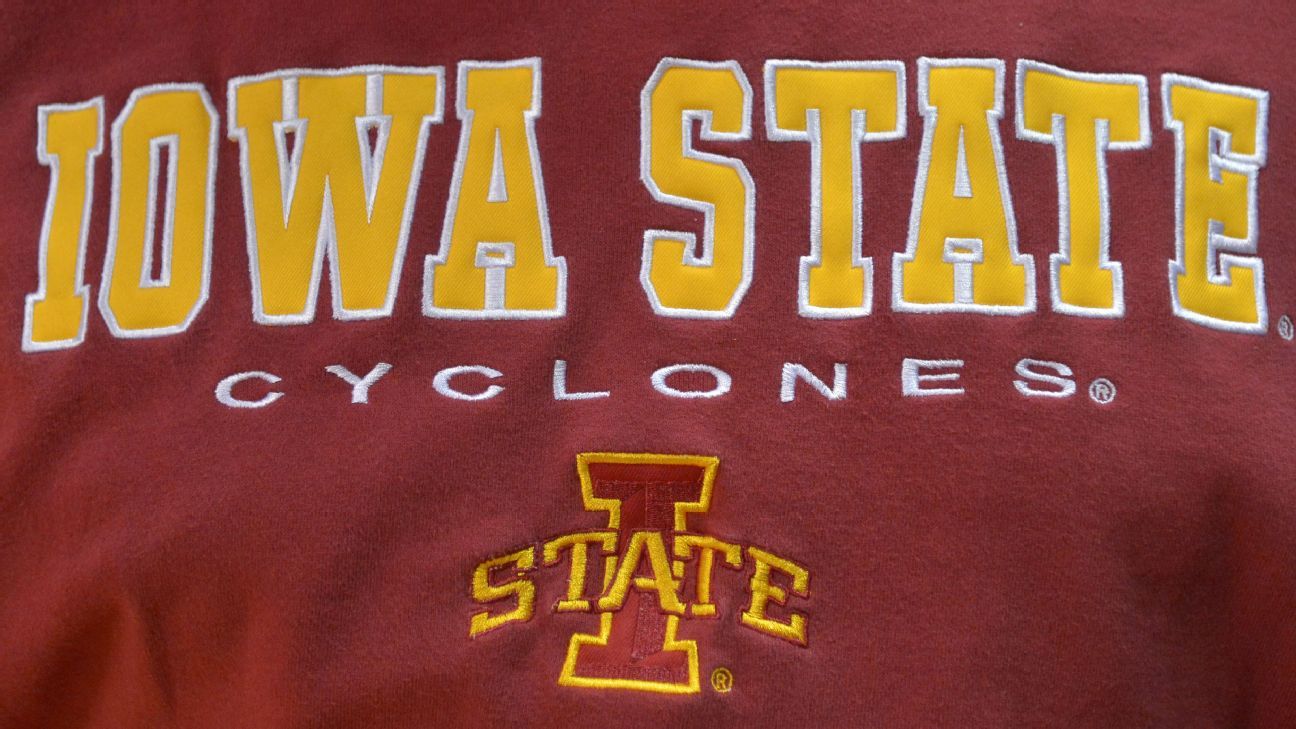Betting Breach: NCAA Slams Iowa State Athletic Staff in Gambling Crackdown

In a stunning development, the NCAA has cracked down on five current and former Iowa State football support staff members who allegedly engaged in extensive sports betting misconduct. The individuals were found to have placed an astonishing 6,200 online bets, with the total wagering amount exceeding $100,000 across professional and collegiate sporting events.
The unprecedented case highlights the serious ethical breaches within the athletic department's support staff, raising significant concerns about potential insider betting and the integrity of collegiate sports. By placing such a large volume of bets, these staff members not only violated NCAA regulations but also potentially compromised the fundamental trust inherent in collegiate athletics.
The NCAA's swift disciplinary action underscores its commitment to maintaining strict ethical standards and preventing any form of sports gambling that could undermine the fairness and reputation of collegiate competitions. This incident serves as a stark reminder of the importance of maintaining professional boundaries and adhering to established gambling regulations within sports organizations.
While specific details about the individual staff members and their exact roles remain confidential, the case represents a significant breach of trust that could have far-reaching consequences for Iowa State's football program and its reputation.
